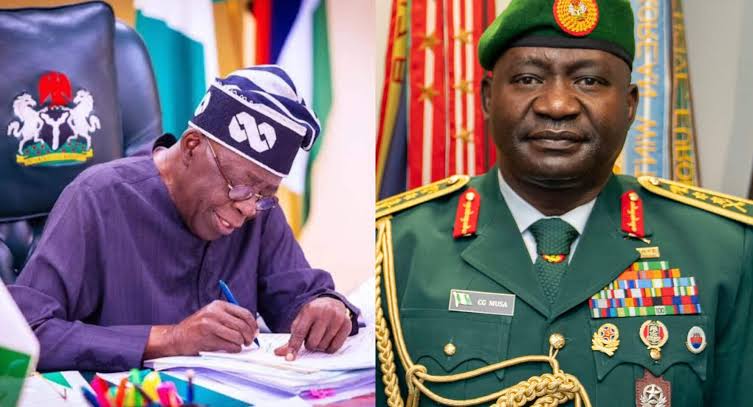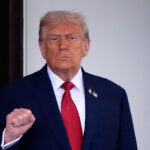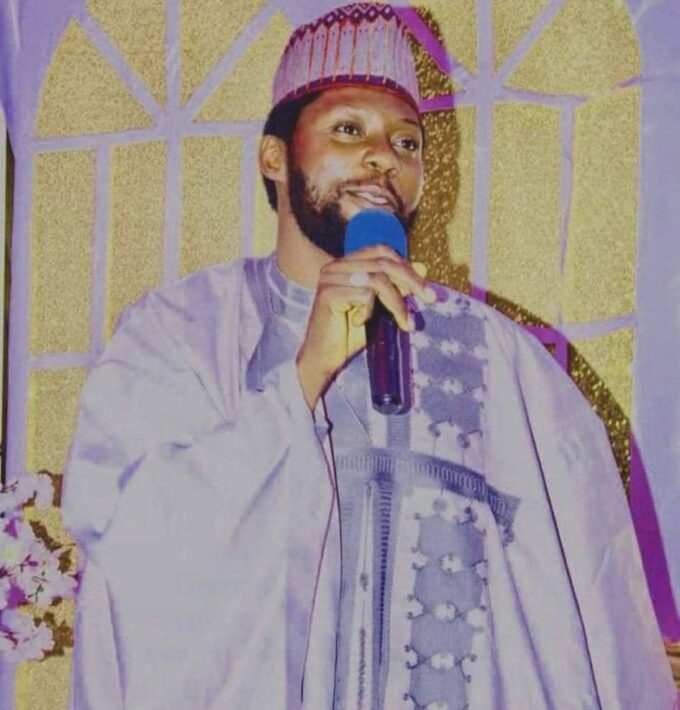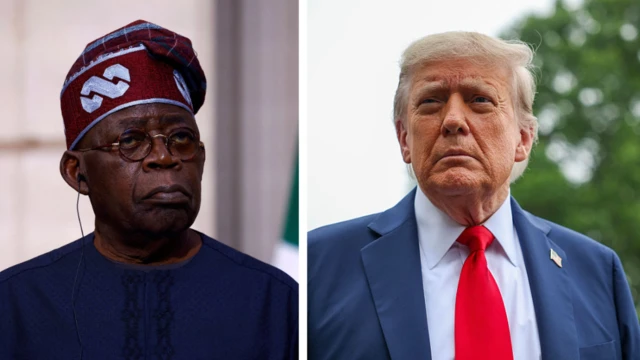I have a confession. Before then, listen, my confession is not a scorecard, it’s not an acknowledgment, and neither is it a declaration of support for the actions of the men in power. My confession is plain, straightforward, and sincere. Simply put, what I want to say is this: President Bola Ahmed Tinubu (PBAT) is proactive. Yes, he is! President Tinubu knows exactly when to react; he acts at the appropriate time with the appropriate measure. PBAT does not rush his decisions. He acts meticulously and decides firmly.
For national issues that require his swift response, PBAT does not allow them to rust on his desk. He negotiates with labor unions, provides alternatives to students, hires when it is necessary, and fires when it is due.Get me right, I am not applauding all his policies. But as it should be, while we criticize with one hand, we should not shy away from applauding and giving honor when due with the other. I confess again, President Tinubu is proactive.
My confession about the proactiveness of the President stems from his ability to foresee and forestall obstacles. He acts fast, replies swiftly, and decides quickly, unlike his predecessor.
Remember how the ASUU strike lingered for eight months in 2020? It lingered for almost a year in 2022. How did the president respond to it? He said he was not aware. Compare the nonchalant attitude of his predecessor to the swift response of PBAT in the past few years. He tamed labor unions and bargained with ASUU for stable university education.
Even if this is the only thing I must commend President Tinubu for, then this is it. I will write an appreciation piece to Mr. President detailing his achievements as a result of his proactiveness.
The Era of Fire and HireIt is no longer news that in the past few weeks, President Tinubu made notable changes in key sectors that define the direction of this country. He appointed and swore in a new INEC chairman, made notable changes in the hierarchy of the Armed Forces, and relieved serving generals of their duties.
Since those appointments, narratives were spun, premature conclusions were drawn, and opinions were served. As usual, the president was not shaken by the outrage on social media. He remained resolute and calm in the face of the storm. From the citizenry, we only await the Herculean task ahead of them — the INEC chair, Amupitan, and all the service chiefs.
Amupitan and the Burden of Credible ElectionIt is one thing to be appointed to a public office, and it is an entirely different thing to deliver the mandate, live beyond expectations, and rise above pressure. Over the years, we have seen how INEC chairmen came and left. Some of them crumbled and others crawled to glory.
But we have truly not seen a more celebrated figure like Prof. Amupitan, a professor of law, first-class graduate, dedicated civil servant, and proud academic. Prof. Amupitan rose through all the ranks of academia to the top. His contributions to legal jurisprudence cannot be overlooked. Even though he is still alive, Prof. Amupitan has left an indelible mark on his alma mater, the University of Jos, and beyond.
Some of us might argue that educational qualifications and leadership experience are far apart. Yes, I also partly subscribe to that notion, skills rather than just degrees. As such, we expect much from Prof.
The burden and workload ahead are huge. Nigerians need cleaner elections, transparent results transmission, and just party regulations. What belongs to Caesar should be given to him. No party should enjoy power privilege above others. Regulations should be fair and just.
There should not be a black child. I am certain Prof. knows the effect of discrimination against a party, person, ethnicity, or race. There should be a level playing field for everyone.
Even though INEC has been blacklisted by civil society organizations and other concerned Nigerians for wishy-washy leadership and shambolic elections, the new chairman has assured that he will fix the wimpy electoral system for the better.
Now that we are about to have a brand-new Electoral Act with a brand-new chairman, we hope Prof. Amupitan will see its full implementation.
The Nigerian Army and the Coup That Never WasSince General Irabor, General C.G. Musa is by far the most celebrated Chief of Defence Staff in over a decade. It is not surprising, for he has on several occasions proved to be committed and resolute in service. C.G. Musa is known for his firmness and yet accommodating lifestyle, his stern response, and friendly smile.
When Bayo Onanuga termed it an effort to strengthen national security, I could not help but ask, what happened to the national security that needs to be strengthened? Is it the October First military coup that never was? Regardless, General Musa should be applauded for strengthening the civilian-military relationship. Under his watch, civilians got access to the military like never before. Salute to the People’s General!
For the coup, we should caution our hunger to be wary of what it hopes and prays for. The dark days of military regimes, the agony, and the endless threats are days no sane individual should ever pray for. Yes, there is waste and inflation. Remember, that was what General Buhari used to topple the Shagari-led civilian administration. The outcome? Undue hardship, endless suffering, and huge economic losses.
I also agree there is corruption, massive corruption in public service. Remember General Abacha sold that idea after his palace coup against the Shonekan interim government. The outcome was years of silent suffering and untold hardship.
This coup that never was should serve as a lesson to the people in power to get things right, put their house in order, and make Nigeria work again.
Sani Bello Hamza is a law student at Ahmadu Bello University, Zaria. He writes from Zaria and can be reached through 0901506168 or sanibellohamza@gmail.com.














Leave a comment